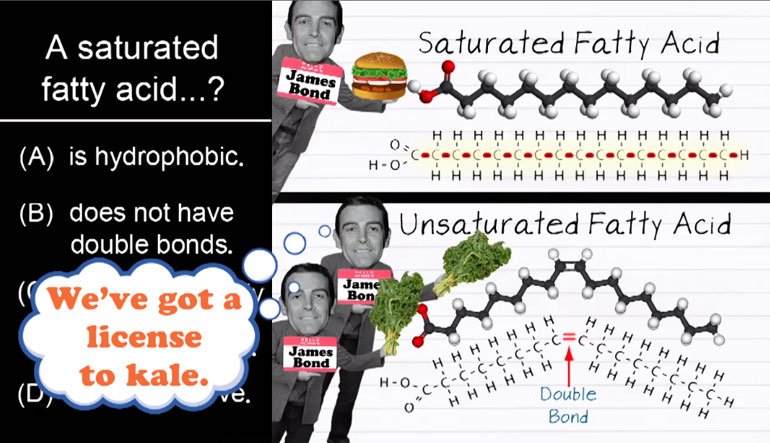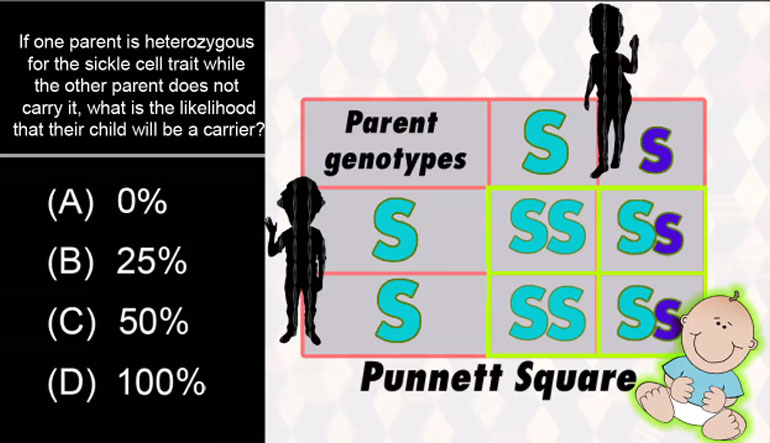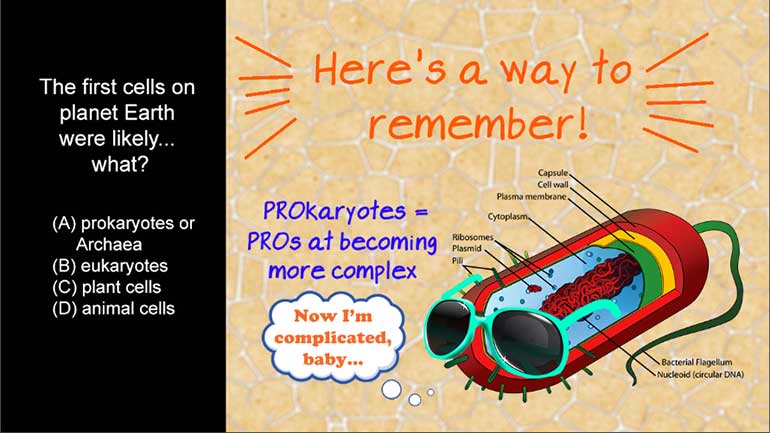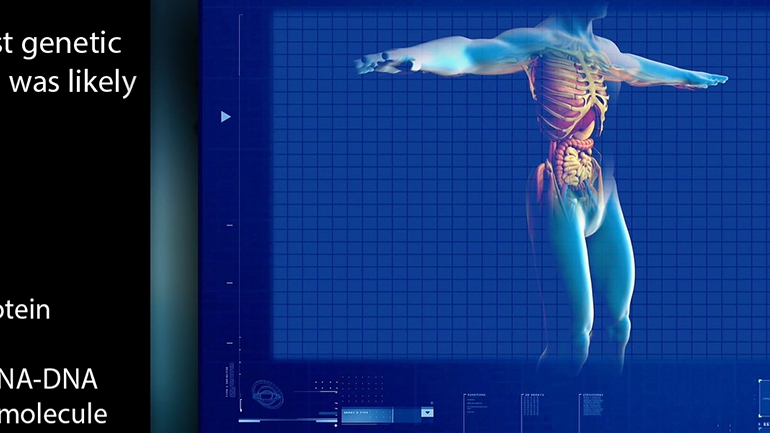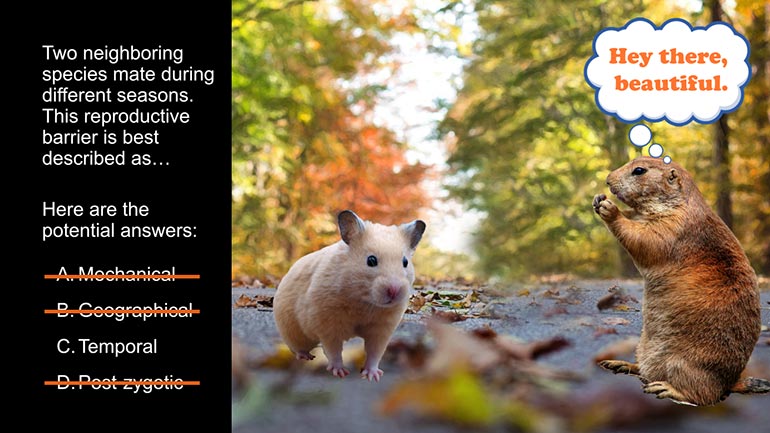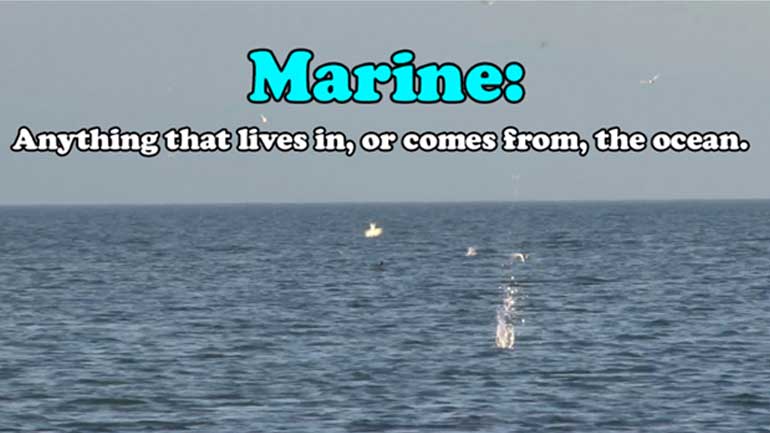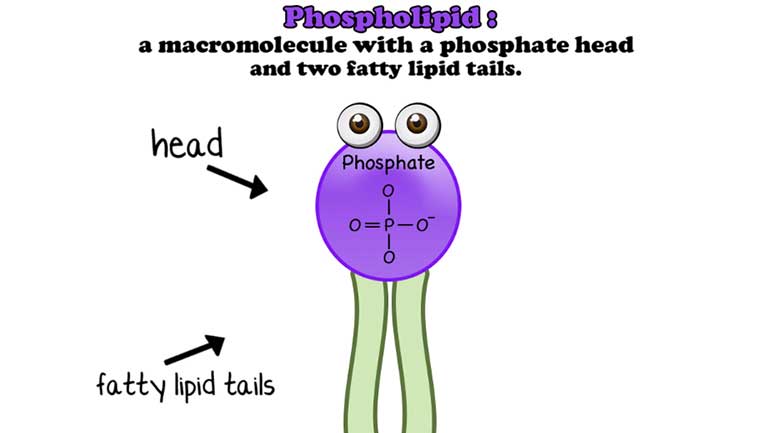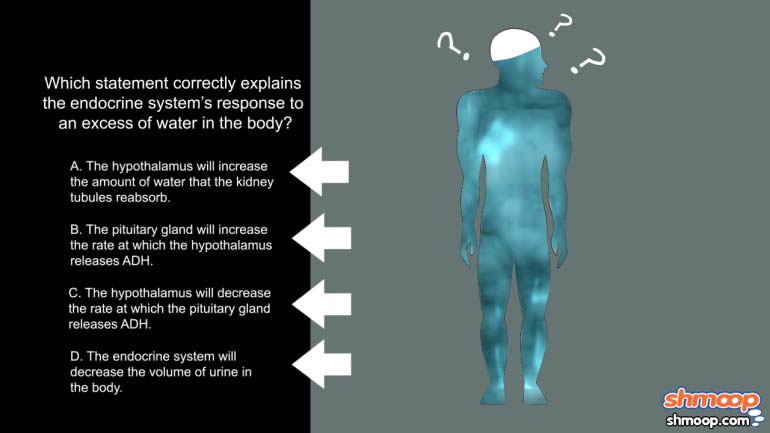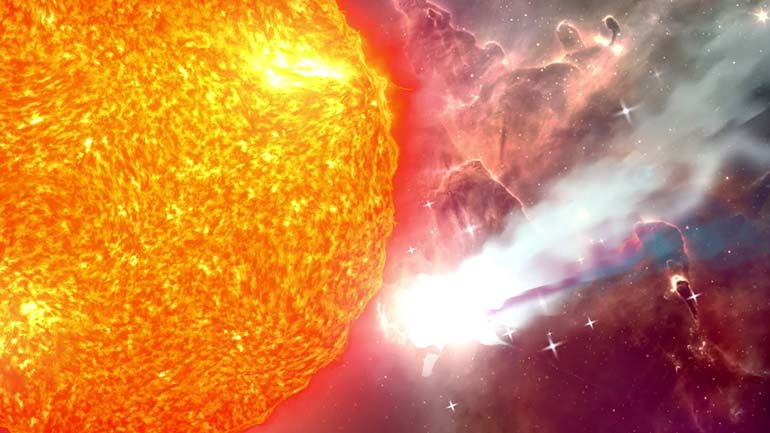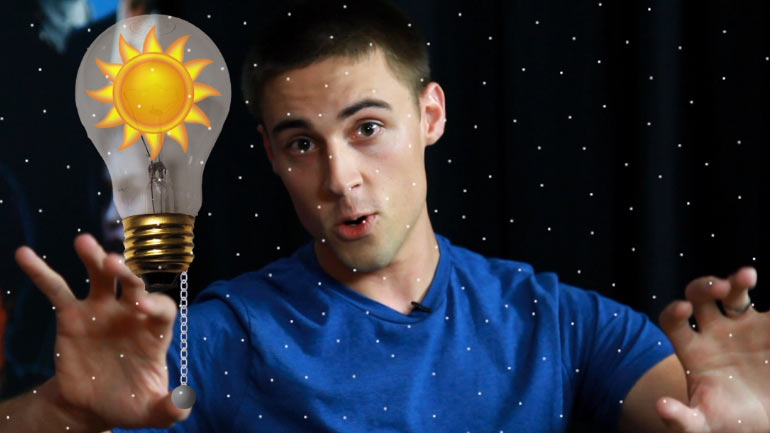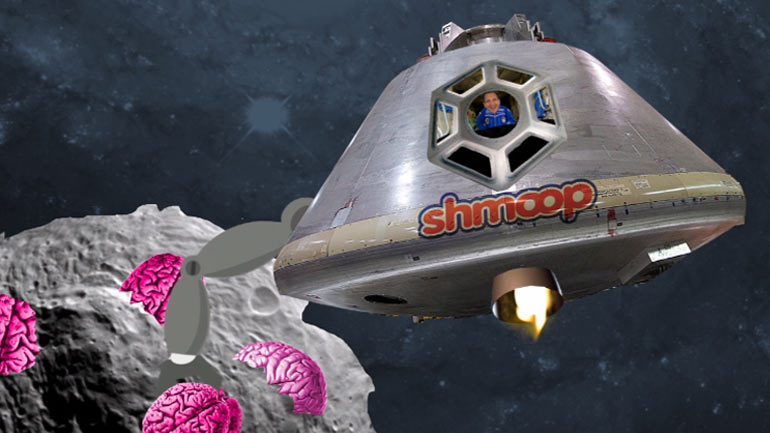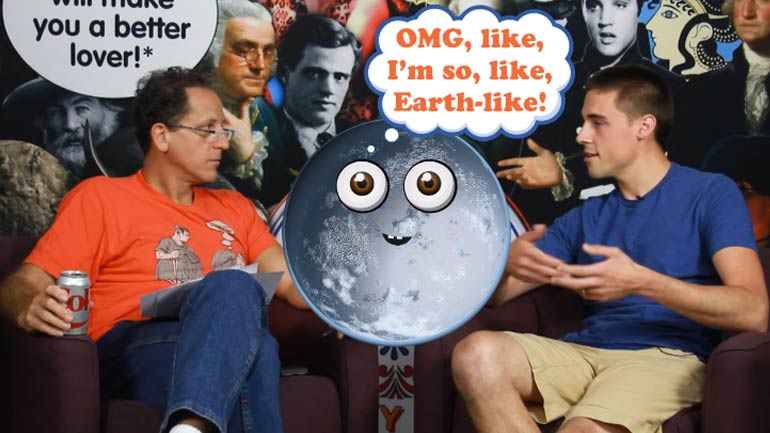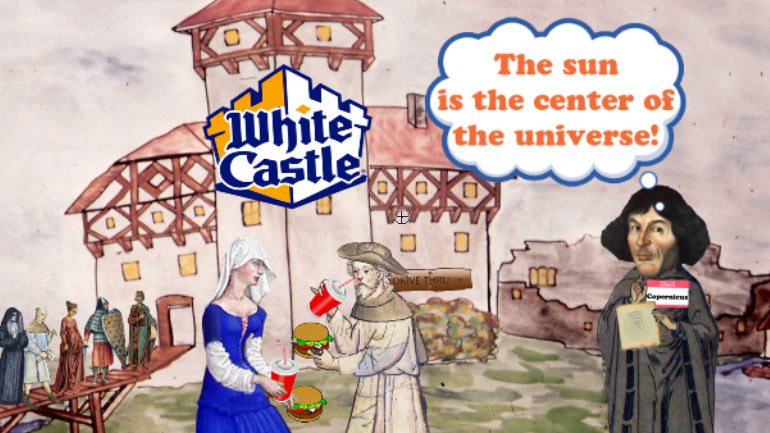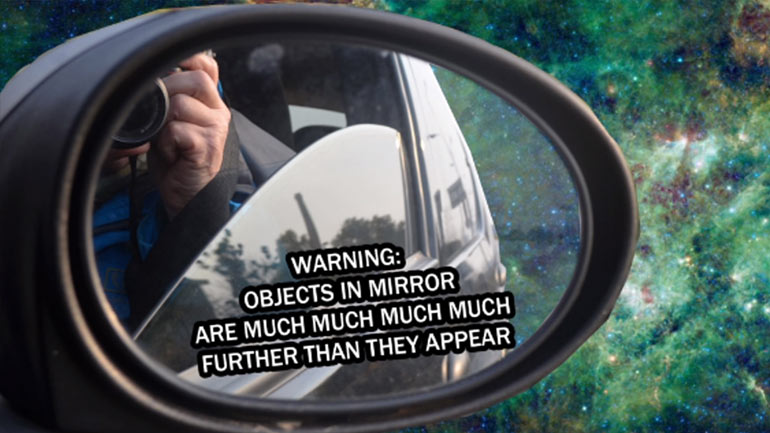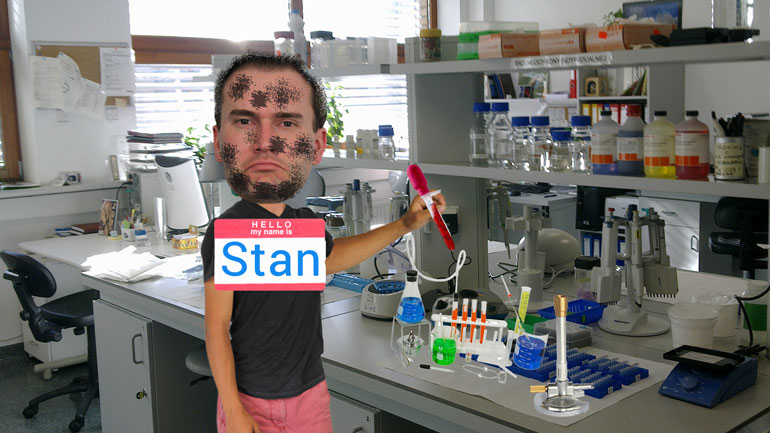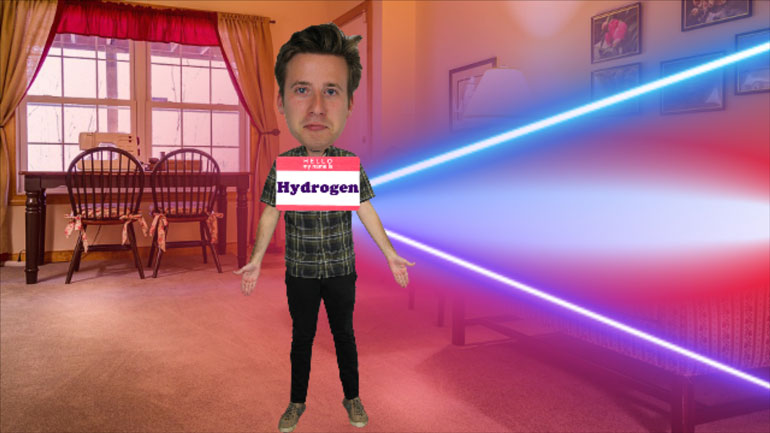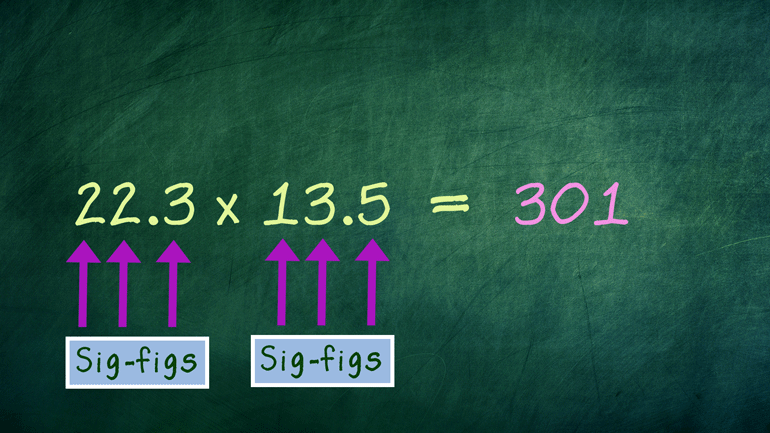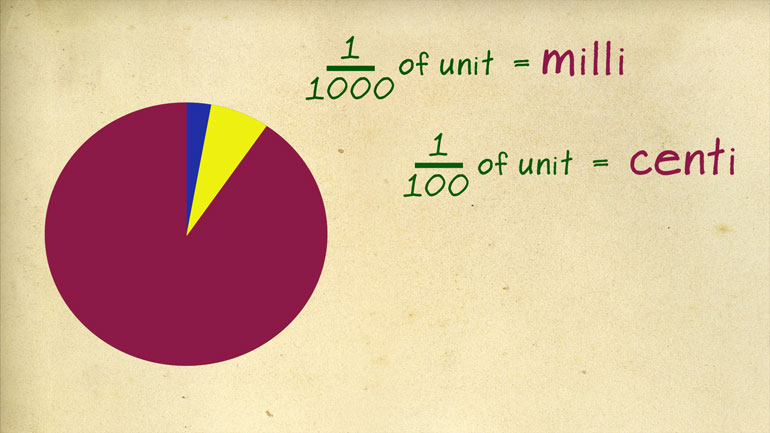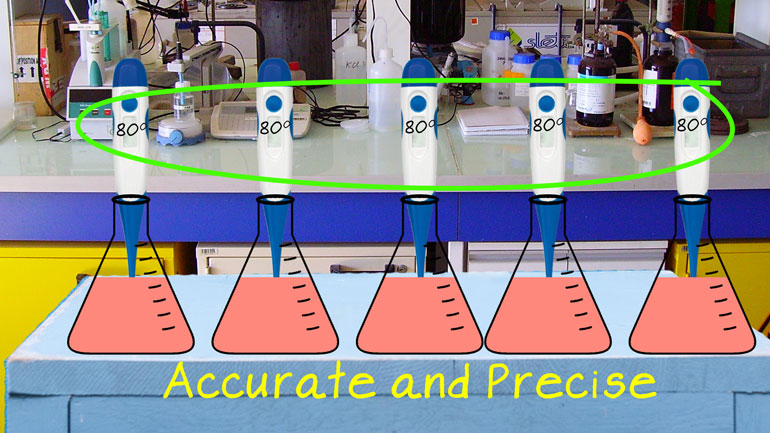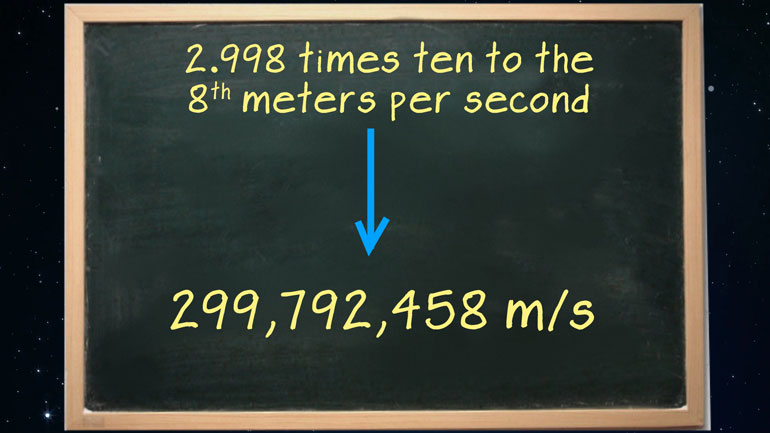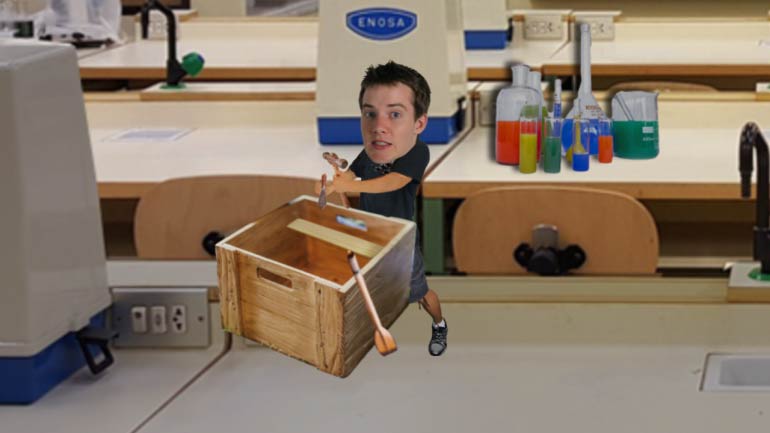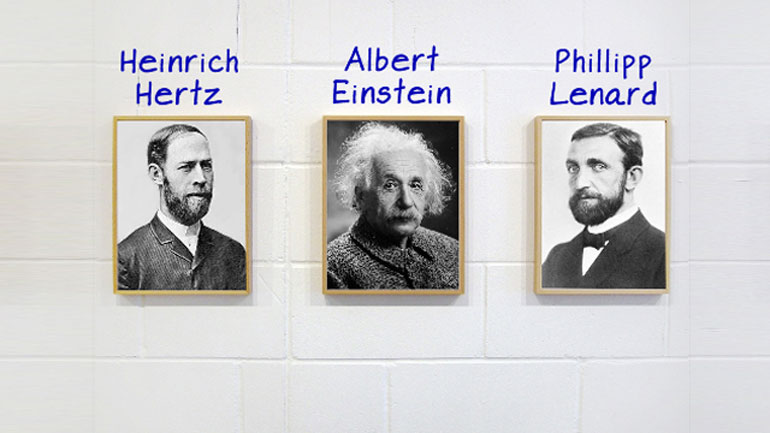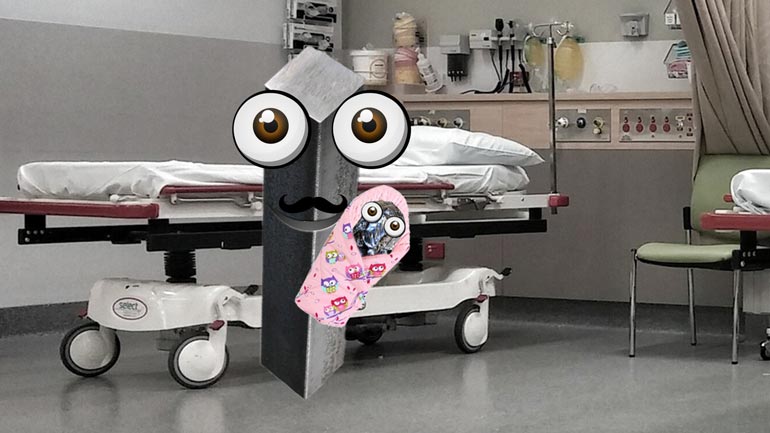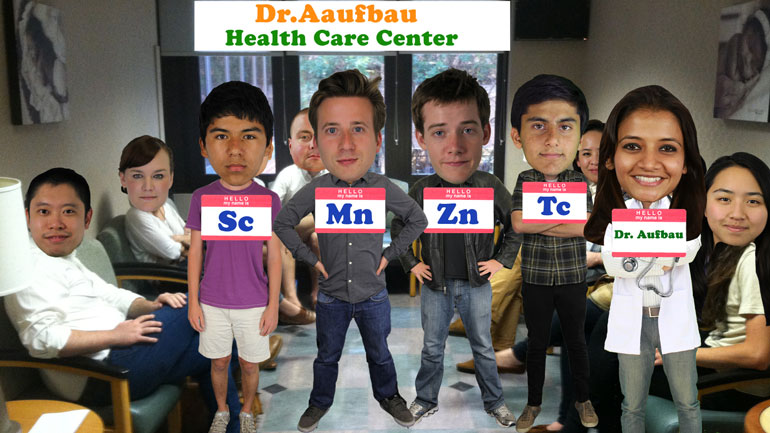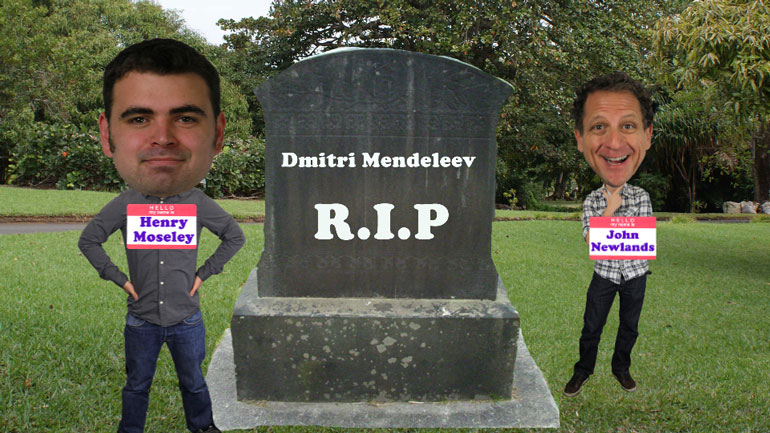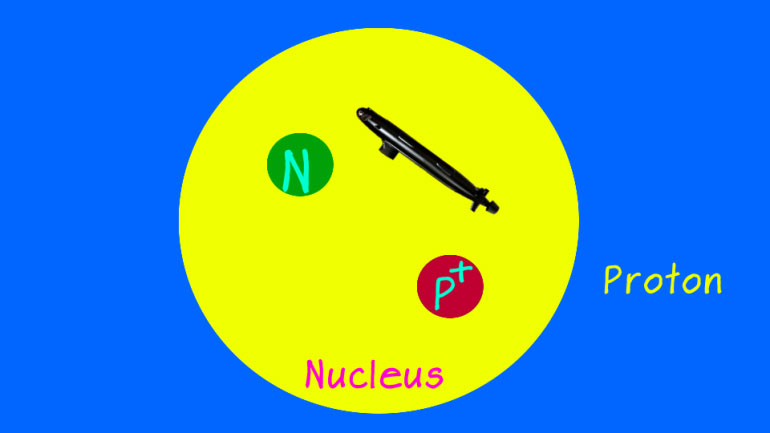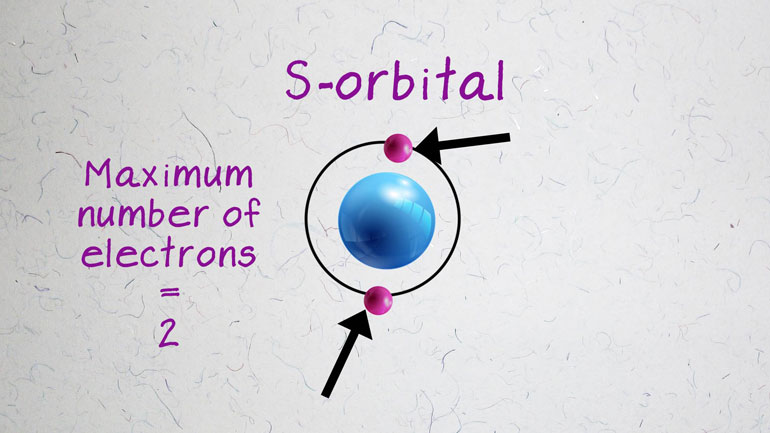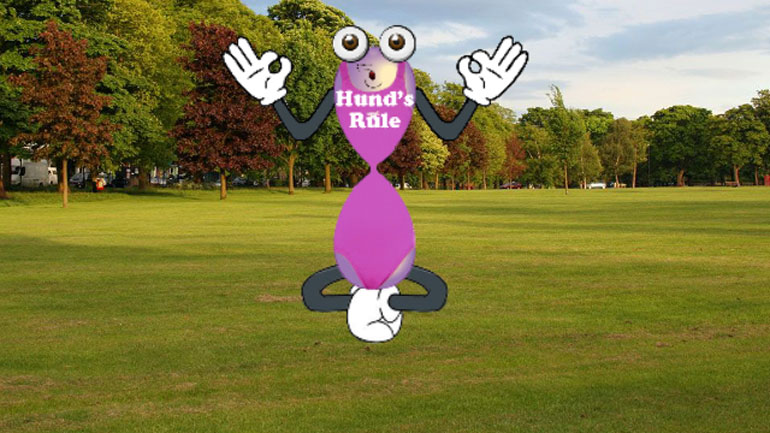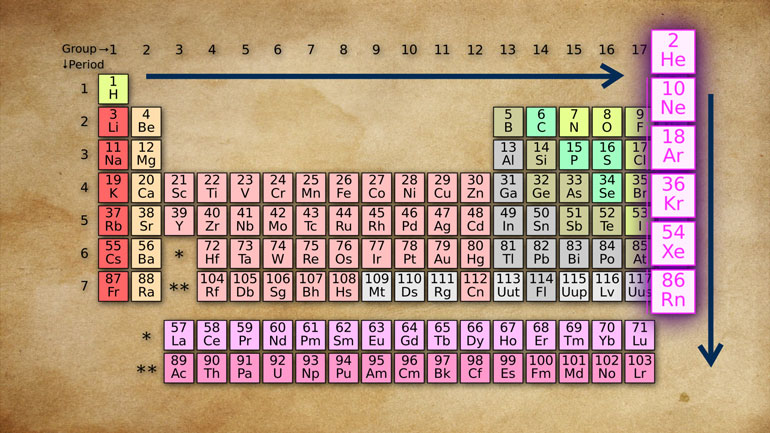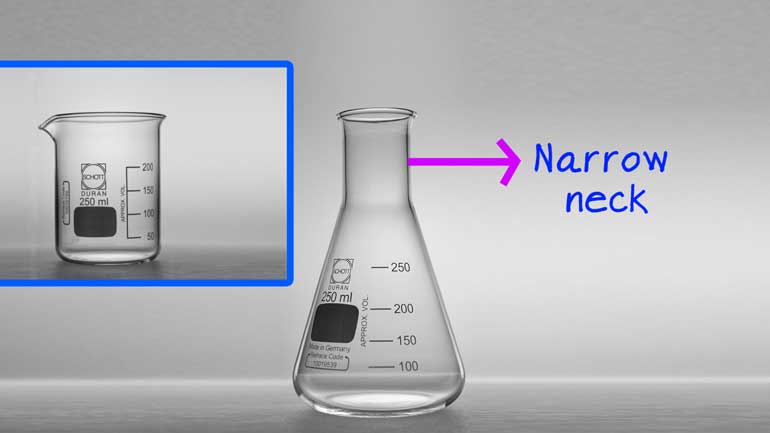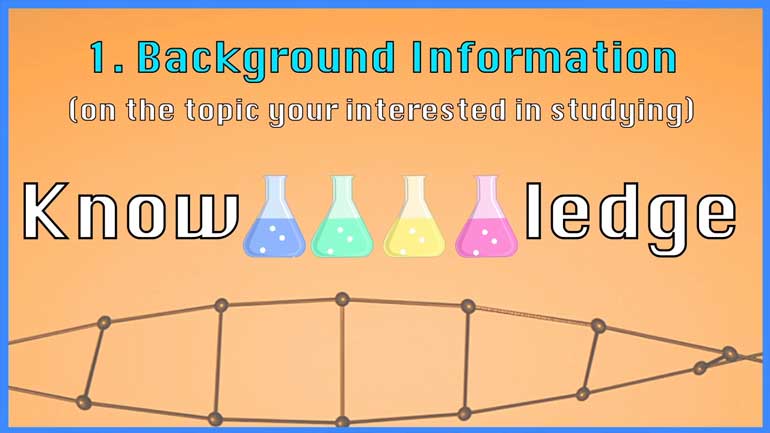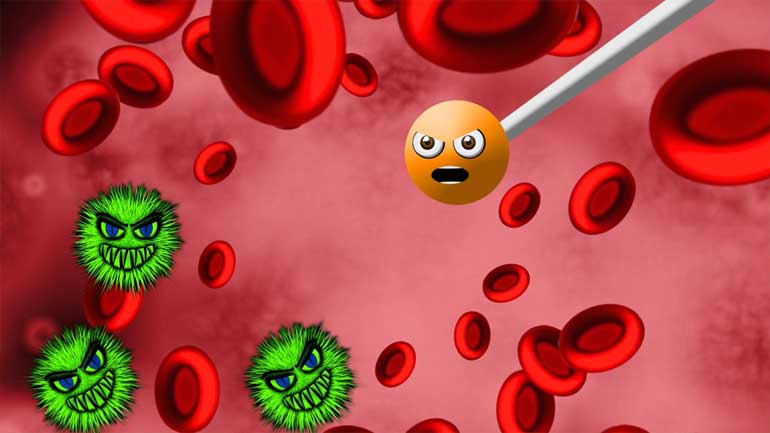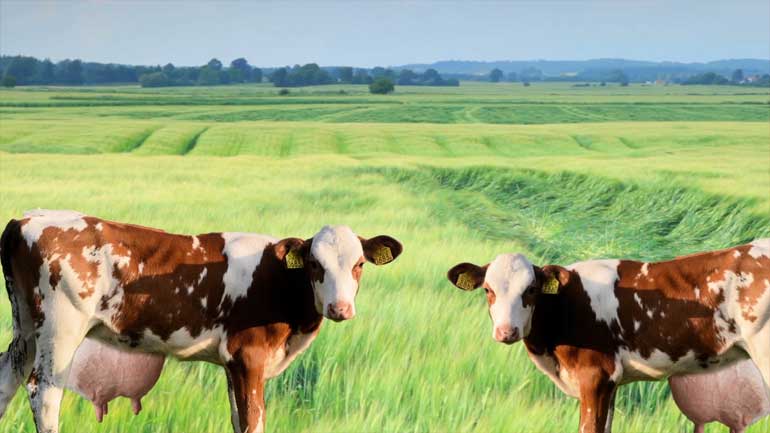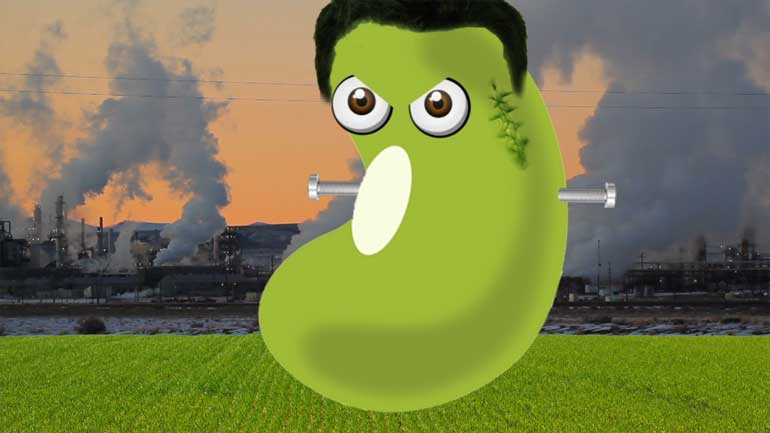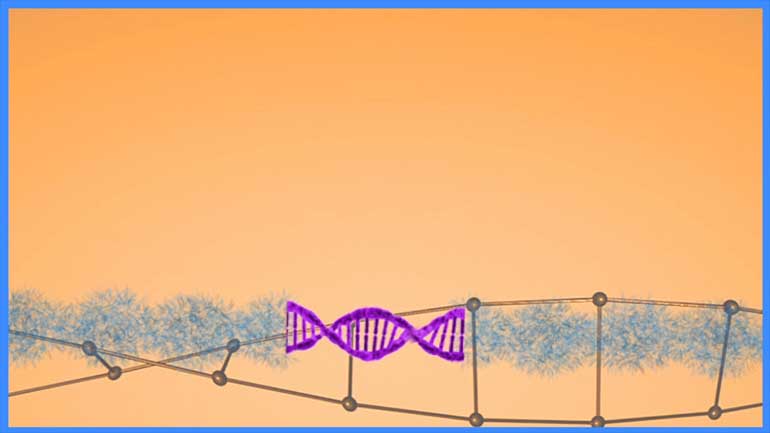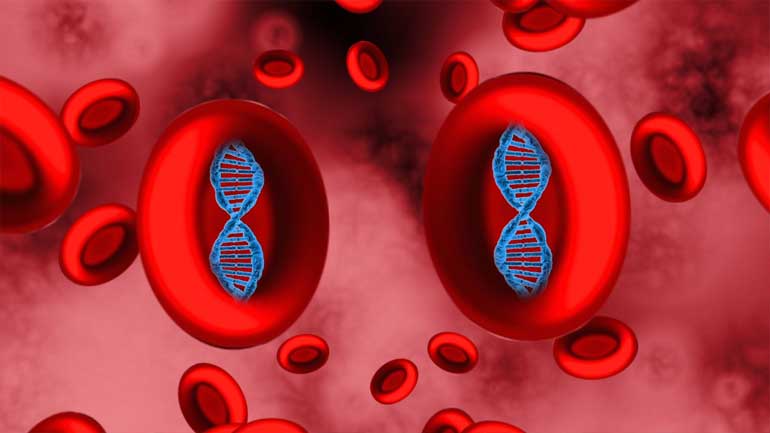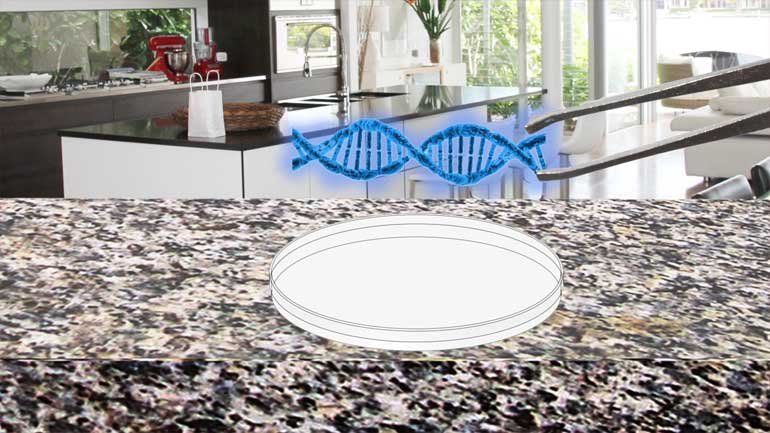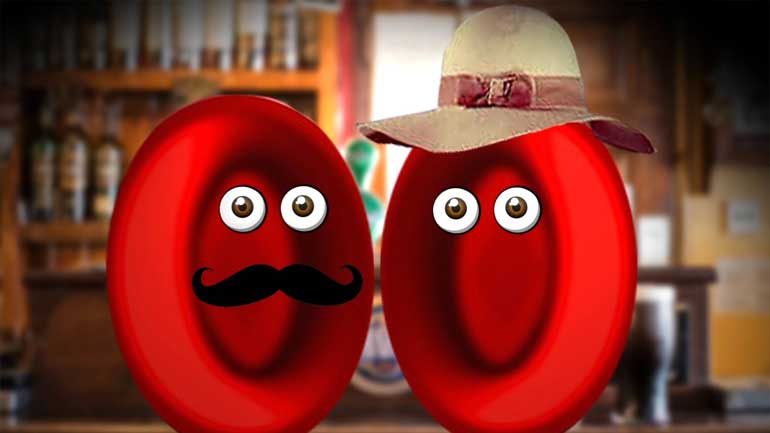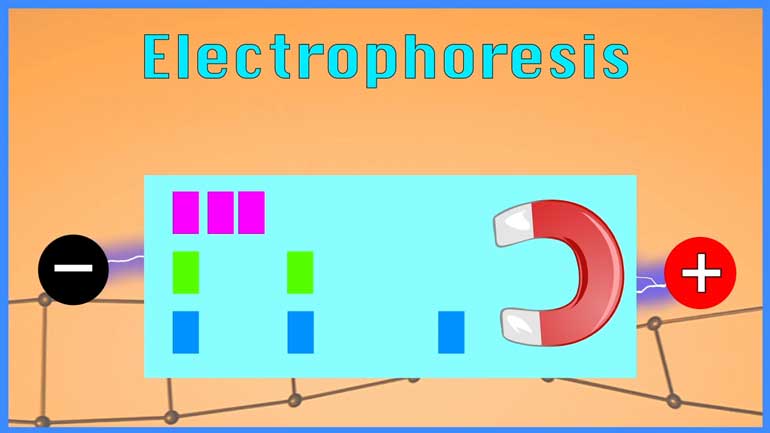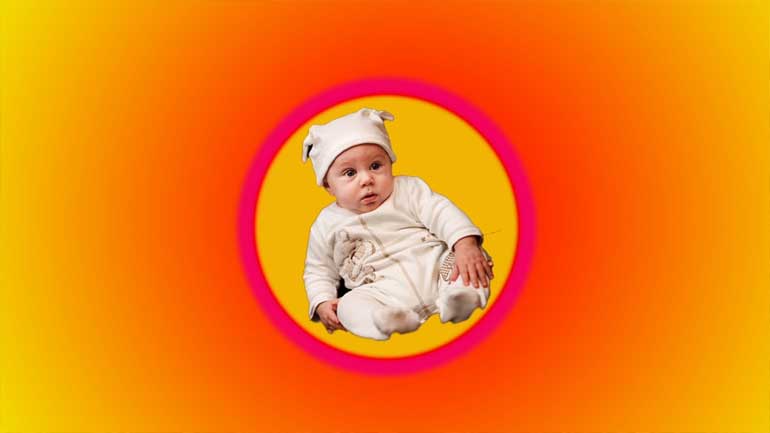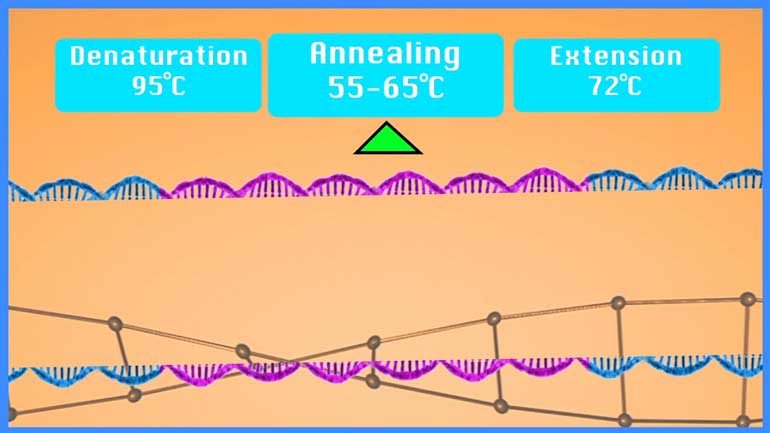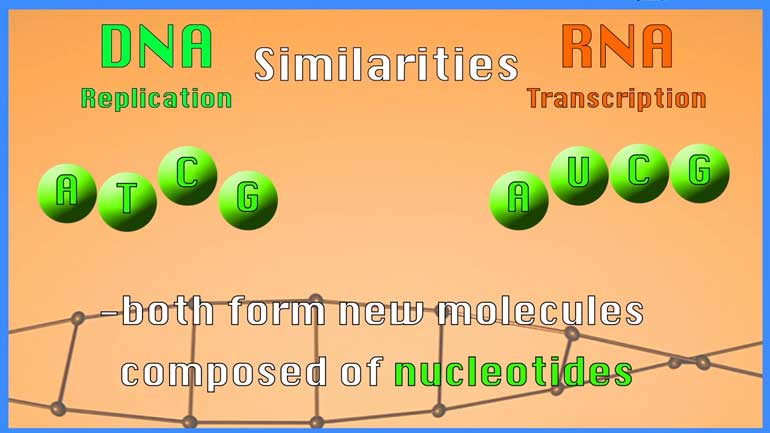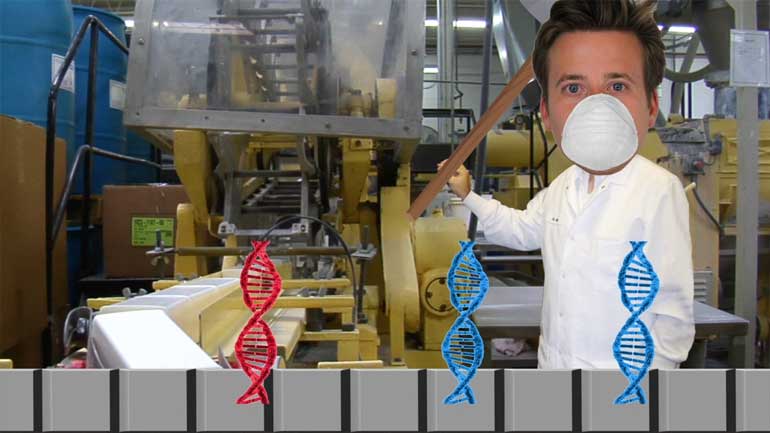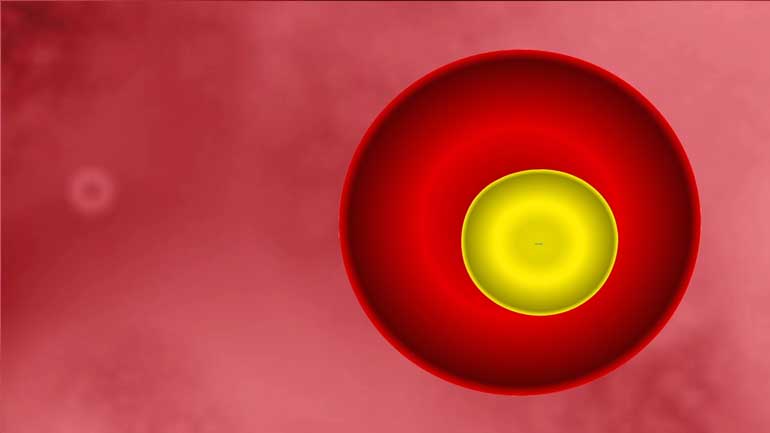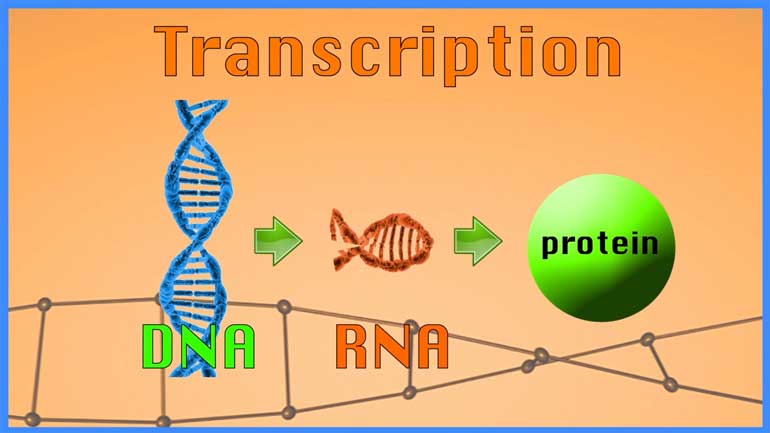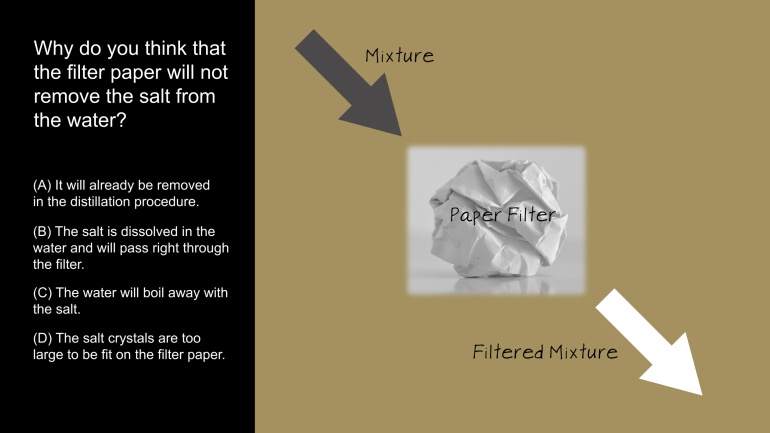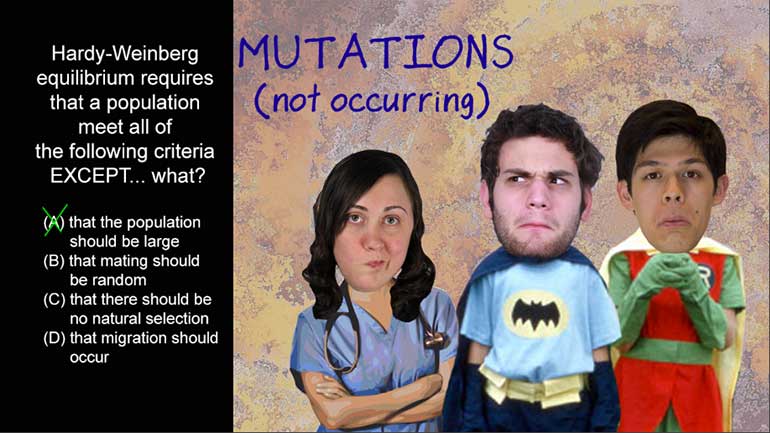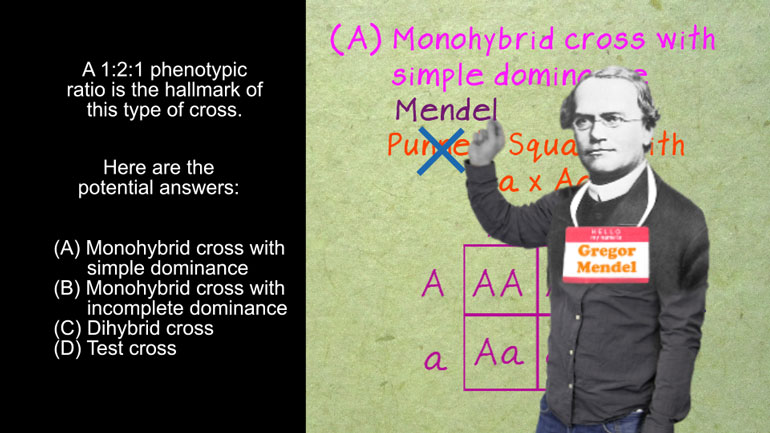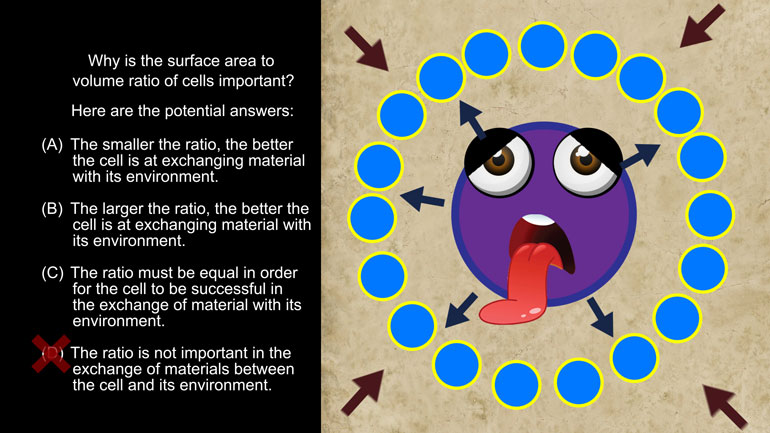ShmoopTube
Where Monty Python meets your 10th grade teacher.
Search Thousands of Shmoop Videos
Science Videos 686 videos
AP Biology: Biological System Interactions Drill 1, Problem 1. Complete the sentence about a saturated fatty acid.
AP Biology: Essential Life Process Information Drill 1, Problem 1. If one parent is heterozygous for the sickle cell trait while the other par...
AP Biology: Evolution Drives the Diversity and Unity of Life Drill 1, Problem 1. The first cells on planet Earth were likely what?
AP Biology 1.2 Evolution Drives the Diversity and Unity of Life 459 Views
Share It!
Description:
AP® Biology: Evolution Drives the Diversity and Unity of Life Drill 1, Problem 2. What was likely the first genetic material?
Transcript
- 00:03
Here's your shmoop du jour, brought to you by gene material.
- 00:07
Denim, actually.
- 00:09
The first genetic material was likely... what?
- 00:12
And here are the potential answers...
- 00:19
Ok, so to determine which of the answer choices was the "first" genetic material, let's look
Full Transcript
- 00:24
at the molecules in our answer choices...
- 00:26
DNA, RNA, proteins, an RNA-DNA hybrid molecule?
- 00:35
Well, we know the hybrid probably cuts down on fuel emissions... but we're not really
- 00:39
concerned with how "green" it is...
- 00:41
The theory about how life evolved on earth tells us that the first molecules were self-sufficient
- 00:47
because the earth wasn't "made" for us organisms...
- 00:51
and that they were relatively simple because there was nothing else to rely on at first.
- 00:55
Then as successful adaptations were developed due to the changing environment, these molecules
- 00:59
grew more and more complex.
- 01:01
It's how evolution works.
- 01:03
So the "first molecule" we want to find is the one that's the most self-sufficient and simple.
- 01:09
RNA stands for Ribonucleic acid.
- 01:15
It serves several functions in creating proteins for living cells...
- 01:19
It can act as a messenger to carry copies of genetic material...
- 01:23
...transfer amino acids to make proteins, and even self-replicate.
- 01:28
We'd say that's pretty self-sufficient.
- 01:30
We've also heard all about DNA when watching CSI...
- 01:34
and how it carries all of our genetic material...
- 01:37
and how we should never leave our DNA anywhere if we want to get away with some horrific crime.
- 01:43
DNA is a molecule that stands for Deoxy-ribonucleic acid....
- 01:47
which basically differentiates itself from RNA by having a different sugar base...
- 01:52
Deoxyribose instead of ribose.
- 01:55
Hence the difference between the D and R.
- 01:58
But as a piece of genetic material, it only contains the genetic blueprint.
- 02:02
Unlike RNA, it can't self-replicate or create proteins without RNA. So... not too self-sufficient.
- 02:11
Think about C. Proteins?
- 02:12
Well they're needed to interpret genetic information, but they're also the
- 02:16
product of the transformation from DNA to RNA.
- 02:20
So they can't be the first.
- 02:21
Finally, an RNA-DNA hybrid molecule would be nice as the first piece of genetic material...
- 02:27
but based on what we know about RNA, RNA doesn't really need DNA to function on its own.
- 02:34
RNA by itself is simpler...
- 02:36
So RNA is our first genetic material.
- 02:39
Answer's B.
- 02:40
Did you fill in that bubble all by yourself?
- 02:43
NOW who's self-sufficient?
Related Videos
AP Biology: Biological System Interactions Drill 1, Problem 1. Complete the sentence about a saturated fatty acid.
AP Biology: Essential Life Process Information Drill 1, Problem 1. If one parent is heterozygous for the sickle cell trait while the other par...
AP Biology: Evolution Drives the Diversity and Unity of Life Drill 1, Problem 1. The first cells on planet Earth were likely what?
AP Biology: Free Energy and Molecular Building Blocks Drill 1, Problem 1. Which statement incorrectly describes the properties of water?
AP Biology: Evolution Drives the Diversity and Unity of Life Drill 1, Problem 4. Hardy-Weinberg equilibrium requires that a population meet al...
